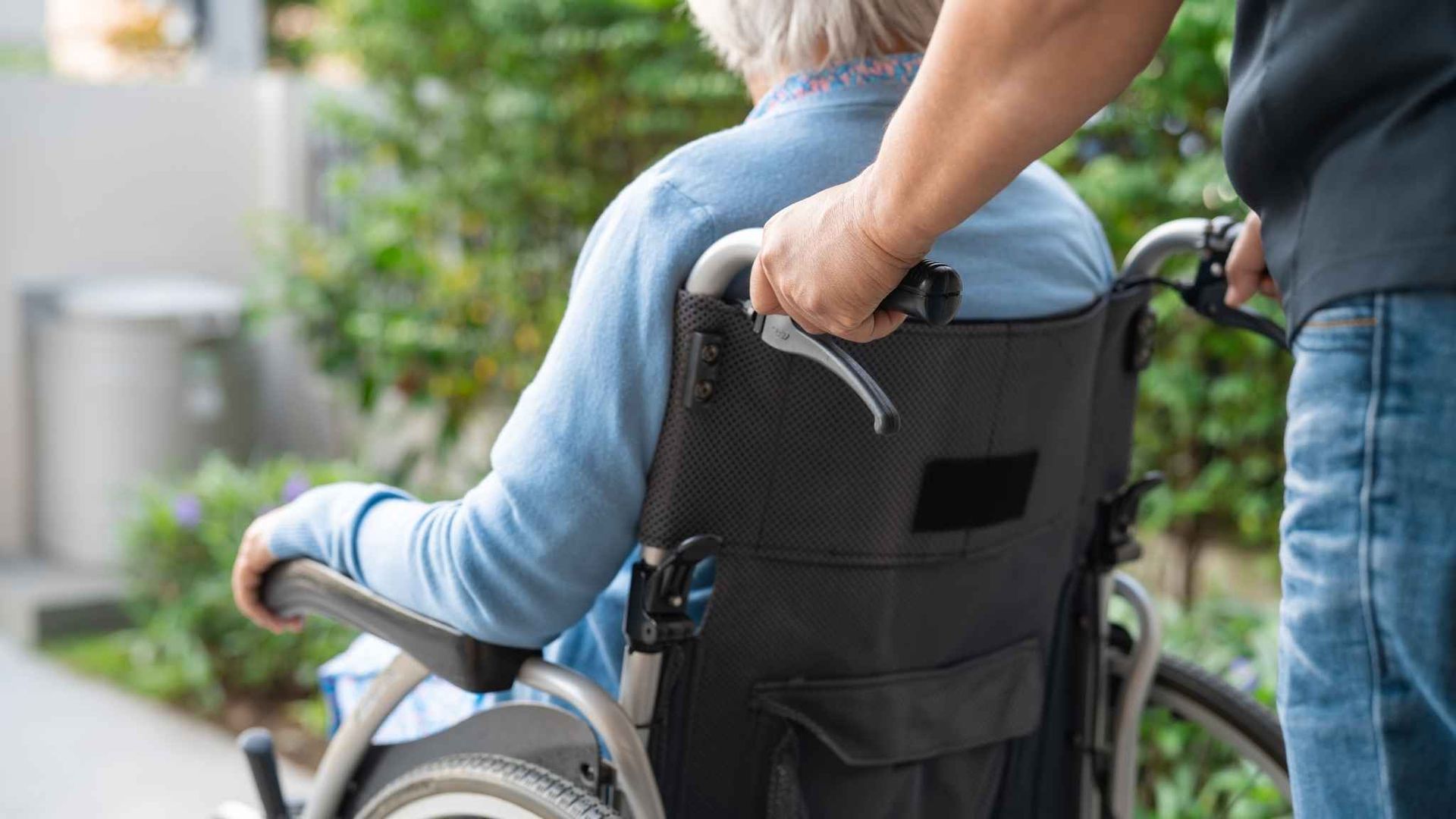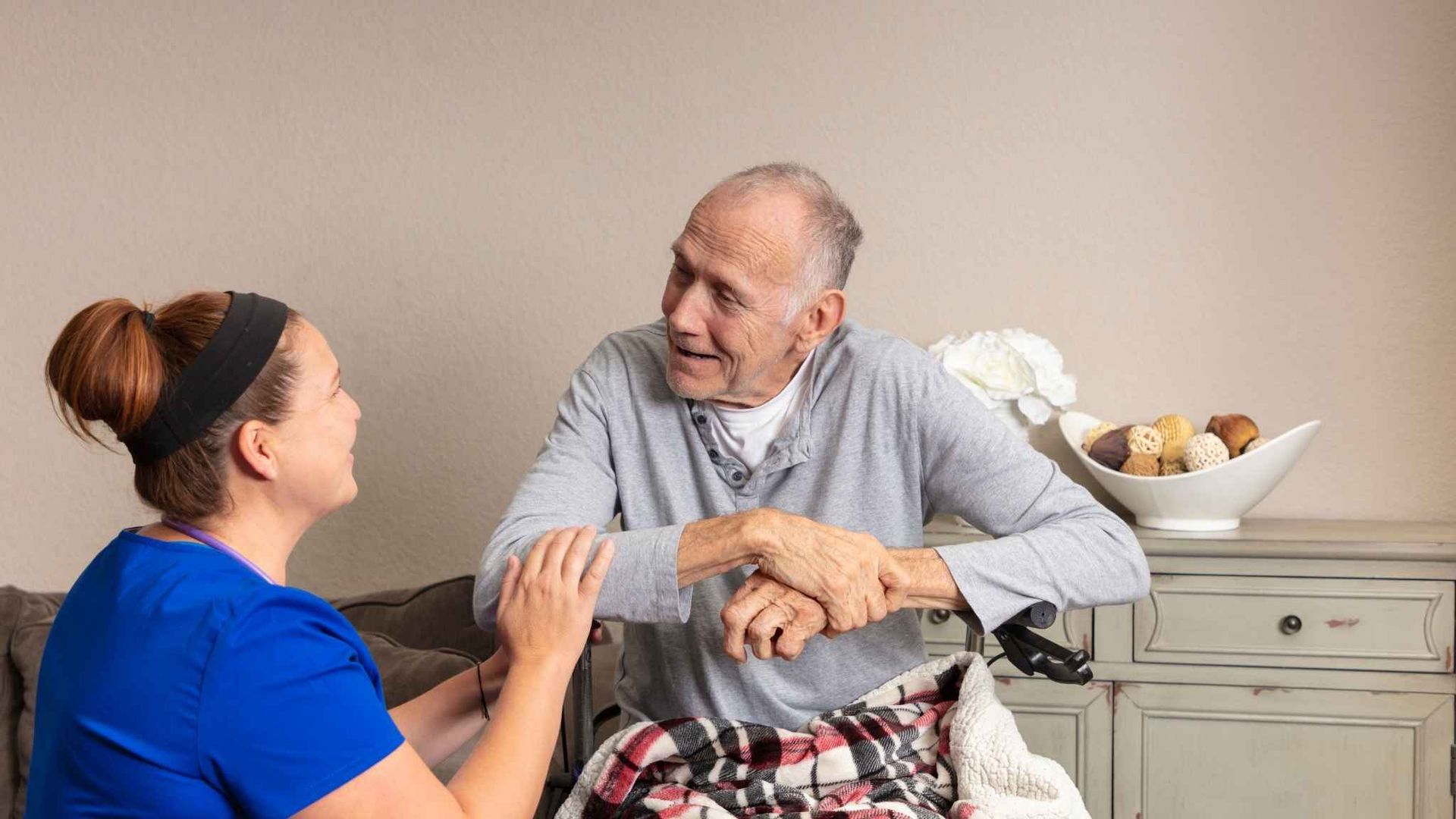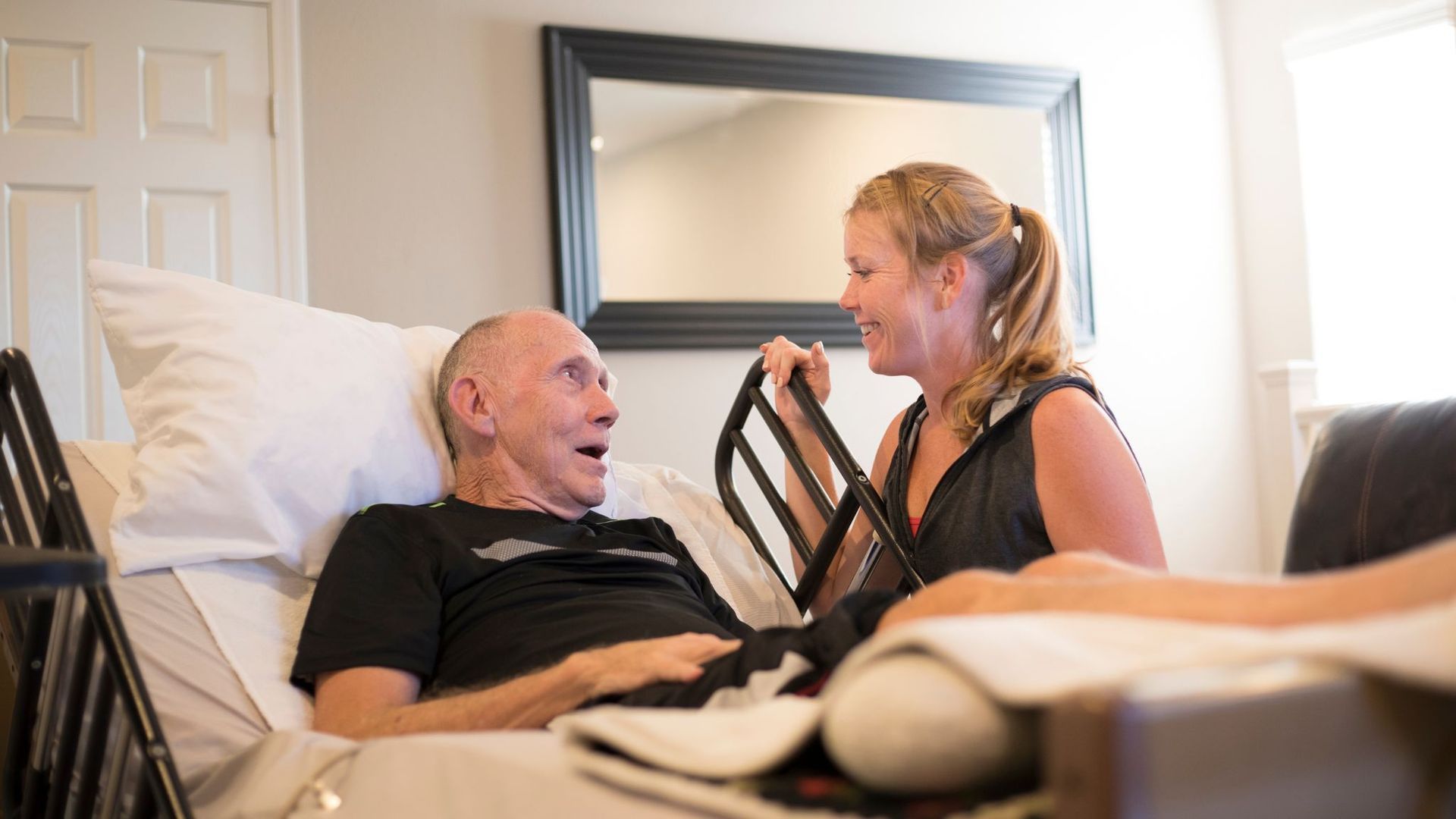What Should Your Goals in End-of-Life Care Include?
No matter who we are and what we do, there's always a certain denominator that binds us all: that our existence here is indefinite.
Many people focus on living well, but thoughtful care is just as important in the final stages of life.
Understanding what your goals in end-of-life care include helps ensure a person’s final days are spent with comfort, dignity, and personal choice.
Care may take place at home, in a hospital, or in a hospice care facility, but having clear goals provides reassurance and guidance.
In this article, we’ll explore those goals and how they can bring comfort to both patients and their families.
What Is One Goal of End-of-Life Care?
One of the most important goals is maintaining quality of life in every possible way. Understanding what your goals in end-of-life care include helps ensure that final days are spent with comfort, peace, and fulfillment.
What Does Quality of Life Mean at the End of Life?
At this stage, quality of life is centered on comfort, peace, and fulfillment. This may include:
- Physical relief to manage pain and making rest easier.
- Emotional support to let your loved one feel that they are surrounded by love and understanding.
- Personal choices and having control over final days and decisions.
What Should an End-of-Life Care Plan Include?
No one likes to think about the end of life, but having a plan in place can bring a sense of peace for both the person receiving care and their loved ones.
Having a concrete plan in place will help avoid uncertainty, ensure the right kind of support, and that the person’s needs are met in a way that feels right for them.
A good end-of-life plan should include:
Clear Communication
One of the most important, and underrated, parts of end-of-life care is open and honest conversations.
Family members, caregivers, and medical providers should all be on the same page about the person’s wishes. Some things to talk about include:
- What kind of care feels most comfortable?
- Who should be involved in decision-making?
- Any concerns or preferences about medical treatments.
A Support System for Loved Ones
End-of-life care affects more than just the person receiving it, as family members and close friends also need support during this difficult time.
A care plan should consider ways to help them through the process, such as providing:
- Counseling or support groups.
- Clear guidance on what to expect in the final days.
- Help from hospice or palliative care teams.
Having support in place for both the patient and their loved ones can definitely make the entire experience feel less overwhelming.
Comfortable Surroundings
Where someone spends their final days can make a big difference.
Some may prefer to stay at home, surrounded by family, while others might feel more at ease in a hospice setting or care home.
But the bottom line is, the focus should be put on creating a space that's as peaceful as possible.
A Plan for Personal and Practical Matters
Beyond medical care, an end-of-life plan should also include personal and practical details.
This might involve:
- Settling legal or financial affairs
- Documenting final wishes for memorials or ceremonies
- Leaving messages or keepsakes for loved ones
Taking care of these things in advance can help bring closure and allow families to focus on being present with each other.
What Is End-of-Life Care in a Care Home?
Availing end-of-life care in a care home means having professional support in a comfortable setting—one that won't let your loved one be alone in a facility. Usually, hospice staff or a nurse will assist with the patient's daily needs and manage medications, all in the comfort of their own home.
Here are two distinct characteristics of going for this option:
It Provides Personalized Care and Comfort
Trained caregivers help with mobility, hygiene, and daily routines while keeping residents comfortable. Rooms are set up to feel familiar and peaceful, reducing stress during this time.
There's Family Involvement
Loved ones are encouraged to visit, share meals, and spend quality time together. Staff offer guidance and emotional support to help families through the process.
For those who need medical care but prefer a homelike environment, care homes provide the right balance of support and comfort.
Get Compassionate Care for Your Loved One's Life’s Final Stage With Valley Oaks Hospice
Planning for end-of-life care can feel overwhelming, but having the right support makes all the difference. Knowing what should your goals in end-of-life care include helps ensure comfort, dignity, and peace for your loved one.
At Valley Oaks Hospice, we provide personalized care that respects individual wishes and offers guidance for families during this time. If you have questions about hospice services, care planning, or support options, our team is here to help.
Contact us today to learn how we can provide compassionate care when it matters most.












